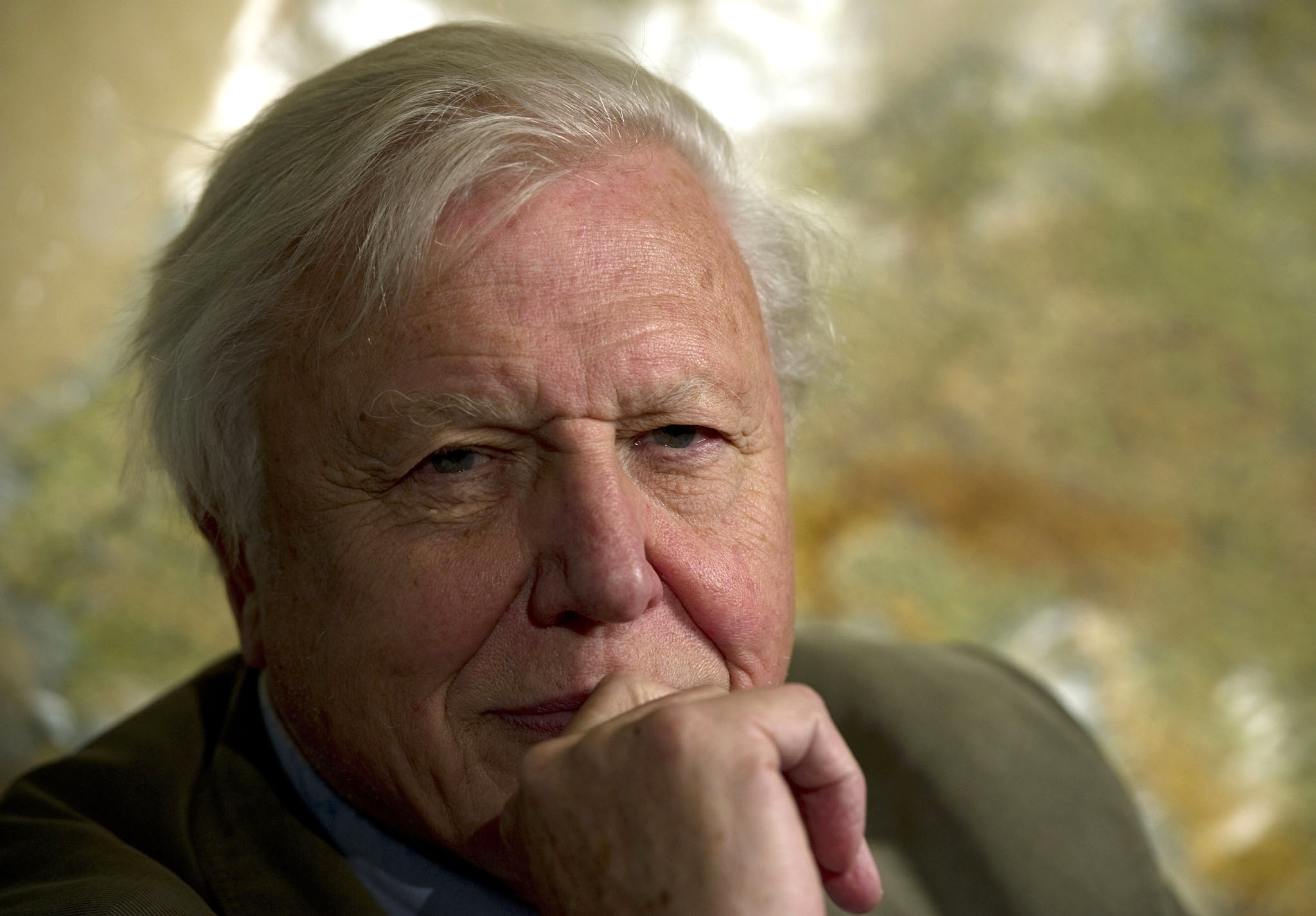Sir David Attenborough: Pupils ‘impoverished’ by rise in school sizes

Your support helps us to tell the story
From reproductive rights to climate change to Big Tech, The Independent is on the ground when the story is developing. Whether it's investigating the financials of Elon Musk's pro-Trump PAC or producing our latest documentary, 'The A Word', which shines a light on the American women fighting for reproductive rights, we know how important it is to parse out the facts from the messaging.
At such a critical moment in US history, we need reporters on the ground. Your donation allows us to keep sending journalists to speak to both sides of the story.
The Independent is trusted by Americans across the entire political spectrum. And unlike many other quality news outlets, we choose not to lock Americans out of our reporting and analysis with paywalls. We believe quality journalism should be available to everyone, paid for by those who can afford it.
Your support makes all the difference.Sir David Attenborough has warned that schools are being forced to admit so many pupils that their children’s development is being threatened, raising the prospect of “great impoverishment, physically, intellectually and spiritually”.
Arguing that nature is essential “for our very sanity”, Sir David said it was particularly important for children to explore the school grounds, but added that these areas were now being used to accommodate ever more pupils.
“I have every sympathy with schools, for they are under greater pressure than they have ever been,” Sir David told the Conference for Nature in Westminster. “There are more people wanting more places than there has ever been and there is more pressure on playgrounds than there has ever been. There is more danger now to the advances we have made over the last 10 to 15 years in persuading schools to create nature parks.
“How are schools to deal with the problem of providing more spaces, as we know must be done? How does that happen without losing those little areas we once thought were so important?”
Sir David added that Britain’s dense population meant that people had to make the most of the environment they had. It is clear that protected areas such as national parks are essential in preserving biodiversity, but they are not anywhere near enough, he said.
“We should make sure that the suburban gardens, which represent a very significant proportion of area of this country, are made more accessible to and suitable for wildlife.”
Sir David added that there was also scope to accelerate the conversion of roadside verges into mini-meadows – a trend that has been gathering momentum in recent years.
But he also warned the conservationists, politicians and business people attending the conference to steer clear of mawkishness.
He said: “Let us not take a sentimental, backwards, paradisiacal view of an interwar landscape with horses pulling ploughs. While in truth agriculture was not as productive then as it is now, things never really existed as they exist in the minds of people now.
“We are living in a land which has a huge population, where we live cheek by jowl, and we have changed it over the past 2,000 years.”
Sir David also called for Britain to embrace the impact of climate change and adapt to it, for example by creating “wildlife corridors” to accommodate the northwards trajectory of some species as the planet warms.
Join our commenting forum
Join thought-provoking conversations, follow other Independent readers and see their replies
Comments